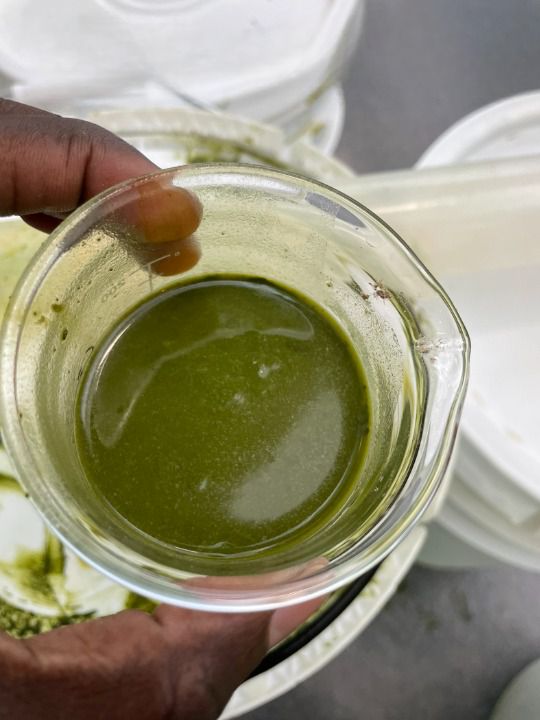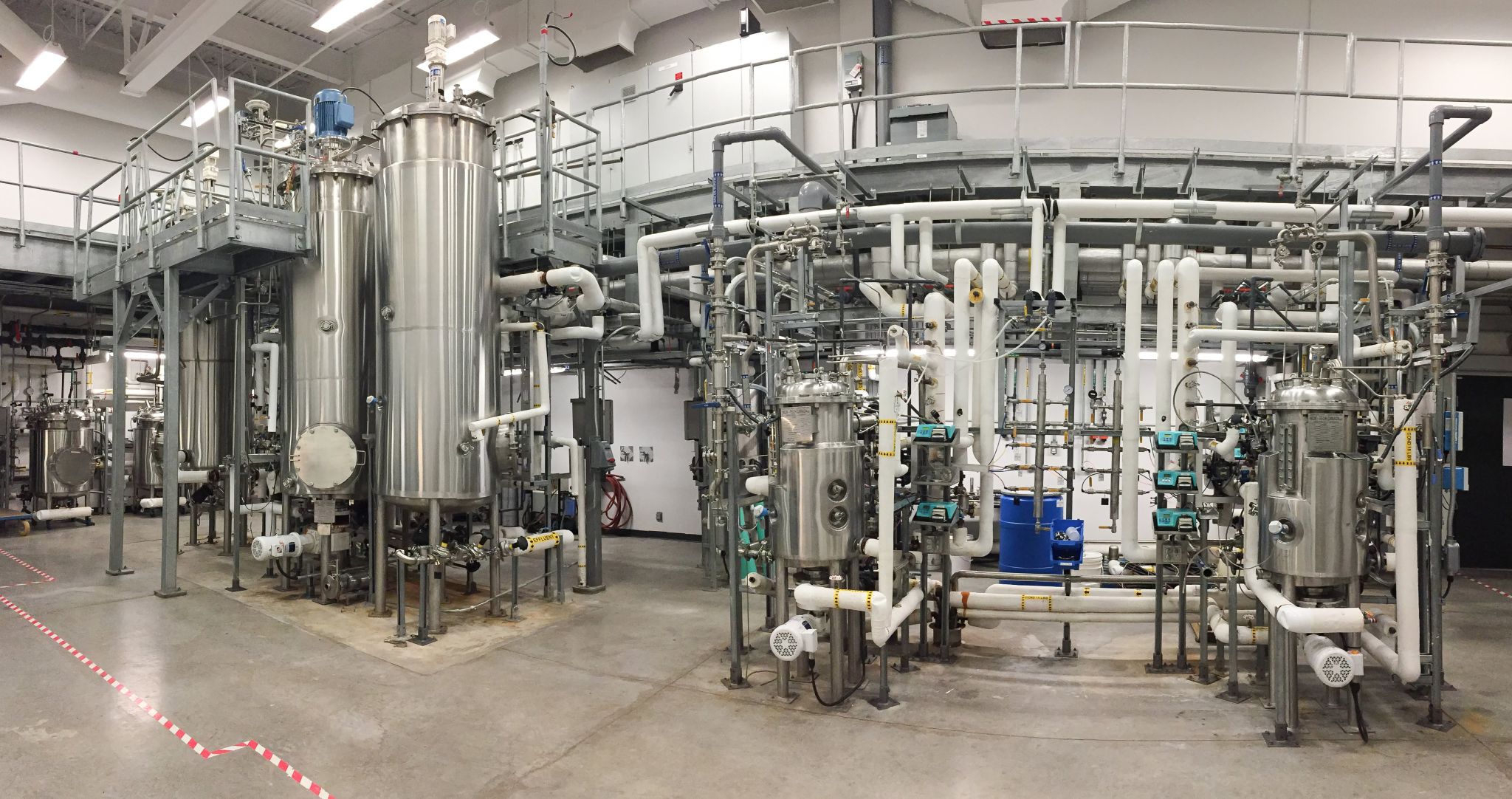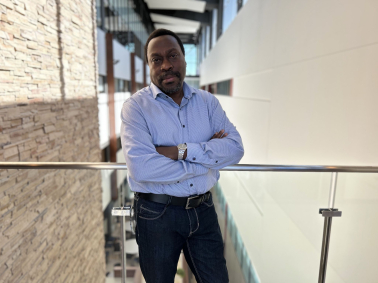As we approach National Philanthropy Day on November 15, we are proud to highlight the essential role played by our donors in the realization of strategic research projects that respond to the challenges facing our society. This week, a fine example of what philanthropy enables us to achieve was shared in the special Philanthropy section of Le Devoir newspaper , devoted to the project led by Kokou Adjallé, a researcher at INRS, who benefits from the support of our Foundation.
The work of its research team is aimed at adding value to the fermentable residues of businesses, and consists of transforming organic matter into valuable resources for the circular economy, including the production of renewable energy or the creation of natural fertilizers.
“A lot of research is looking at residues, but we're the only ones focusing on residues that can be fermented without having to be modified or pre-treated upstream,” explains Mr. Adjallé.

Photo credit: Kokou Adjallé

Photo credit: INRS
Last year, Mr. Adjallé and his team set out to characterize and map the fermentable residues produced by Quebec businesses, in order to facilitate information sharing and enable other companies to learn of their existence and give them a second life.
Thanks to the commitment of our philanthropic community, including the RBC Foundation, Stantec and donors to the INRS Foundation, projects like that of Kokou Adjallé and his team are able to see the light of day and generate economic, social and cultural benefits. Your generosity enables us to carry out projects that are of great importance to Quebec, and beyond, illustrating the significant impact of philanthropy on scientific research. Thank you for your support!
To find out more about this ambitious project, read the article published in Le Devoir here.

